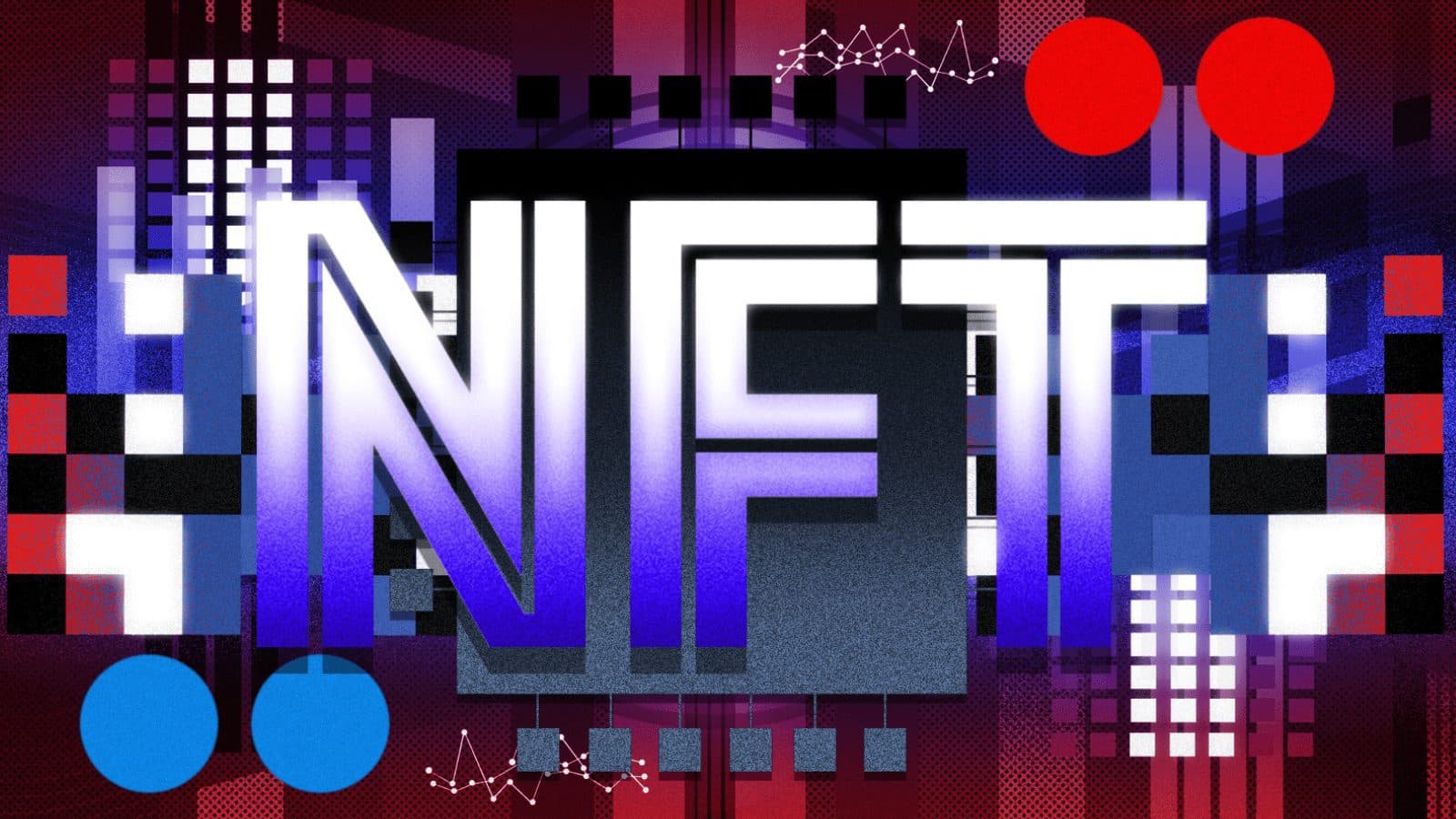Rarify Gets $10M in Series A Led by Pantera Capital To Further Hiring Efforts
Rarify is aiming to lower the barriers to entry for new businesses in the NFT sector

Blockworks exclusive art by axel rangel
key takeaways
- Rarify wants to reduce technical complexities for new entrants to the NFT space
- Those barriers include blockchains lacking interoperability while having platform-specific economies as well as companies lacking familiarity with compliance standards
NFT infrastructure startup Rarify has secured $10 million via a Series A led by Pantera Capital.
The fresh injection of capital will be put toward the startup’s hiring efforts as well as product launches with enterprise partners, according to a press release on Thursday.
The raise, which saw participation from Slow Ventures, Eniac Ventures, Greycroft and Hyper, has boosted the company’s valuation to $100 million.
Rarify’s Series A is the latest round following in $2 million seed funding that saw participation from the likes of Pareto, Eniac Ventures, Greycroft, Scott Belsky and Protocol Labs, among others.
Rarify offers commerce API infrastructure for marketplaces and applications to build “end-to-end experiences” with NFTs (non-fungible tokens), the startup said in its release.
Rarify also said its mission was to reduce barriers to entry for NFT technology and to enable businesses to “participate” in a sector experiencing significant growth.
Problems for new business entrants in the sector arise when they first attempt to build NFTs that require particular technical resources and skills, the startup said.
Blockchains lacking interoperability while having platform-specific economies as well as companies lacking familiarity with compliance standards were some of the largest hurdles for new entrants.
“Rarify removes the biggest hurdles companies face when introducing NFTs to their existing products,” said Pantera partner Paul Veradittakit. “We’re excited to partner with the Rarify team to accelerate their growth trajectory and make NFTs accessible to companies and, by extension, consumers at large.”
Rarify also offers real-time API access to historical data on NFT assets across “multiple blockchains” that can be leveraged by Web2 and Web3 companies building decentralized finance (DeFi), marketplace products.
“With NFT Embeds, content creators can simplify the entire discovery and checkout process for the end users,”the startup said.
Get the news in your inbox. Explore Blockworks newsletters:
- The Breakdown: Decoding crypto and the markets. Daily.
- Empire: Crypto news and analysis to start your day.
- Forward Guidance: The intersection of crypto, macro and policy.
- 0xResearch: Alpha directly in your inbox.
- Lightspeed: All things Solana.
- The Drop: Apps, games, memes and more.
- Supply Shock: Bitcoin, bitcoin, bitcoin.






